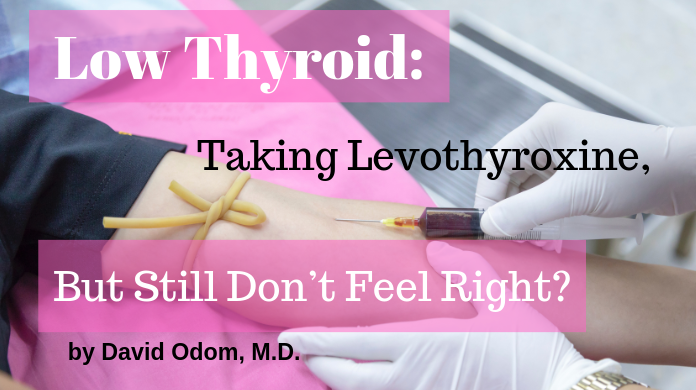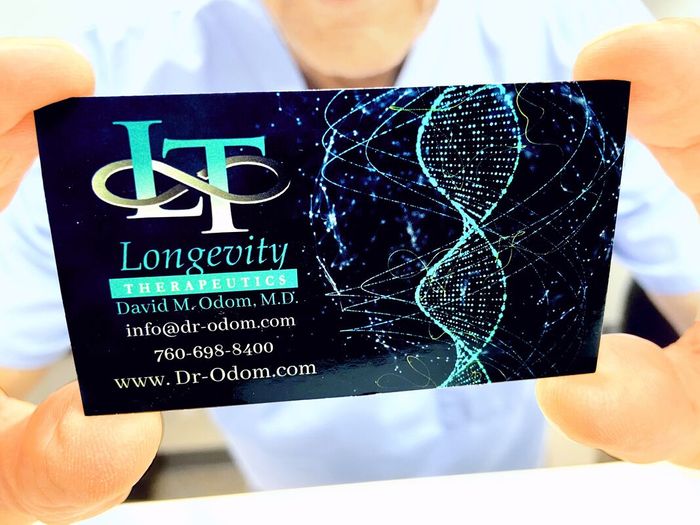
One of the most common chronic maladies affecting people is low thyroid function.
People may notice unexplained symptoms, such as:
- Weight gain
- Fatigue
- Hair falling out
- “Brain fog”
- Loss of lateral eyebrows
- Feeling cold when others are warm
- Cold hands & feet
- Menstrual irregularities
. . . and thus go to the doctor requesting thyroid testing.
These symptoms are caused by lack of the active form of the thyroid hormone, T3.
Invariably, as a part of the diagnostic work-up, the doctor will order a TSH† test, which is a brain hormone that stimulates the thyroid gland to make more or less of the inactive form of the thyroid hormone, thyroxine or T4.
So, the thyroid gland makes T4, and it goes into circulation in the body, converting into the active form of the thyroid hormone, T3, in tissues requiring an increase of metabolic rate.
If the TSH is high, the demand by the brain is for more production of Thyroxine.
If the TSH is low, the request is for less production of Thyroxine.
This is a general relationship that has no specific correlation with the signs and symptoms of low thyroid function. Remember, it is T3 that actually corresponds to how patient feels, not T4.
Unfortunately, synthetic levothyroxine1 very poorly converts to T3.
And this is the medication most commonly prescribed for thyroid patients.
However, the TSH has a very definite, very specific relationship to the dose of synthetic levothyroxine.
The problem is that most doctors have presumed, without any scientific evidence, that the TSH has an exact relationship to the suffering perceived by the patient.
The patient may notice some improvement of symptoms as the dose of Levothyroxine is raised, allowing some conversion to T3, but the doctor shows no particular interest in how the patient feels, only about the TSH level.
So, if the patient tells the doctor that symptoms are improved with a higher dose, but since the resultant TSH level is below the range listed on the lab report, to the amazement of the patient, the doctor dutifully lowers the dose.
The sales of synthetic Levothyroxine is a $2.6 billion dollar a year business in the US.
The relationship between the dose of synthetic Levothyroxine and the TSH test allows the appearance of a rational mechanism for the diagnosis and treatment of low thyroid function.
The reality is that there is no specific blood test for measuring hypothyroidism.
The best way to determine adequacy of treatment is by how the patient responds to thyroid supplementation.
Patients taking a product made from real pig thyroid glands will immediately notice an improvement.
Pig thyroid glandular composition is very similar to that of the human.
Highly processed porcine glands is a product called, Thyroid USP.
Thyroid USP powder is made from the mixture of thousands of pig thyroid glands.
The United States Pharmacopeia (USP) establishes written and physical standards for medicines and dietary supplement products.
These standards are used by regulatory agencies and manufacturers to help to ensure that these products are of the appropriate identity, as well as strength, quality, purity, and consistency.
Prescription medicines available in the United States must, by federal law, meet USP public standards.
Would you like to discuss natural hormone replacement therapy? I can’t wait to help!

